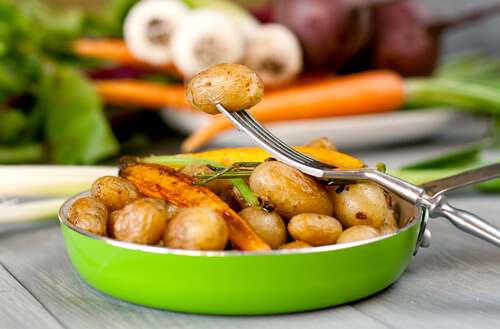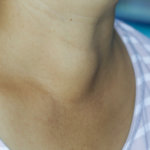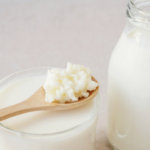 Suffering from Celiac’s disease is no joke and can be absolutely life changing. This is a form of gluten allergy that causes the ‘villi’ of the stomach to lose their function, preventing nutrients from being effectively absorbed into the bloodstream. Those who suffer with the condition will experience abdominal bloating and pain, diarrhoea, vomiting, weight loss, fatigue, irritability, dry and flaky skin, foul-smelling stool and a range of other unwanted symptoms. In some cases, this can go for months or even years without a proper diagnosis and be mistaken for conditions such as ME or CFS (chronic fatigue syndrome).
Suffering from Celiac’s disease is no joke and can be absolutely life changing. This is a form of gluten allergy that causes the ‘villi’ of the stomach to lose their function, preventing nutrients from being effectively absorbed into the bloodstream. Those who suffer with the condition will experience abdominal bloating and pain, diarrhoea, vomiting, weight loss, fatigue, irritability, dry and flaky skin, foul-smelling stool and a range of other unwanted symptoms. In some cases, this can go for months or even years without a proper diagnosis and be mistaken for conditions such as ME or CFS (chronic fatigue syndrome).
Once the condition has been diagnosed, patients must avoid gluten at all costs. Even coming into contact with food that has been prepared in the same area as bread can be enough to set the condition off again. A gluten sensitivity is less severe but it is similarly very important that patients avoid gluten at all costs.
Note that this is only true for those that suffer from gluten sensitivity or Celiac’s disease however. There is no reason for a healthy individual to avoid gluten and there is no evidence that gluten is harder to digest or that it has any unwanted side effects for otherwise healthy patients.
Speak with your doctor and if you do have a gluten allergy, keep reading to discover some of the best foods and tips to help you maintain a healthy and balanced diet even without bread or wheat.
1. Potatoes
Potatoes have nothing to do with gluten, which is found in wheat, rye and barley. That makes them completely safe to consume, which is handy seeing as they serve a similar role to bread in many meals. If you’re looking for some white carbs to go on the side of your meal, then cook yourself up some mashed potato or a few new potatoes. A great lunch time snack is a baked potato with a topping. Baked potatoes with the skin on are high in fiber, as well as vitamin C and they’re low calorie to boot – just 110 calories per potato!



